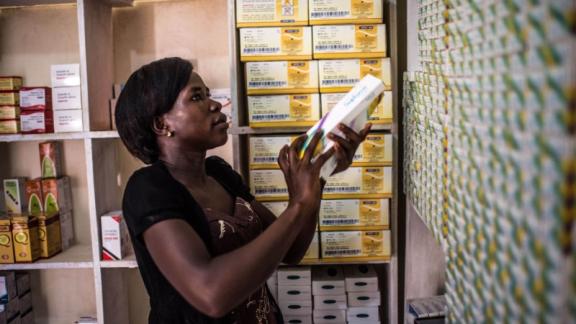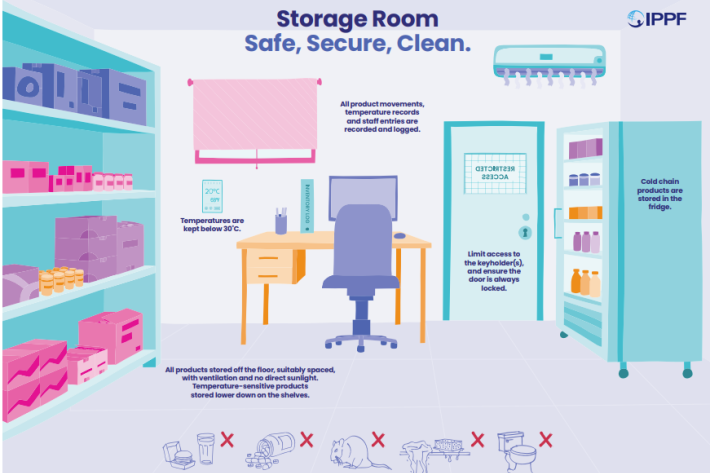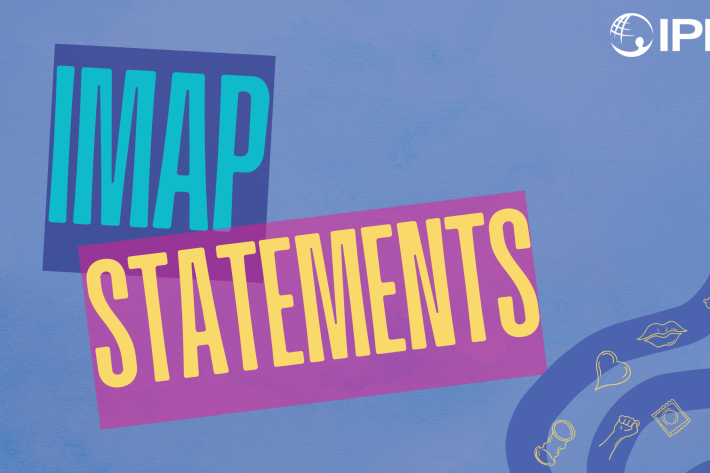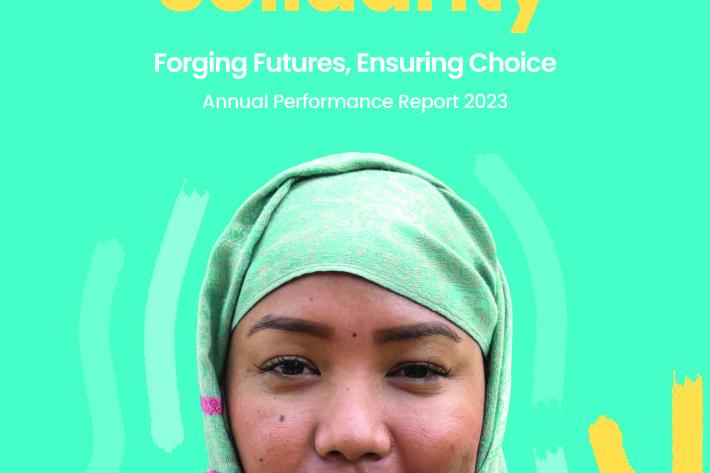Spotlight
A selection of resources from across the Federation
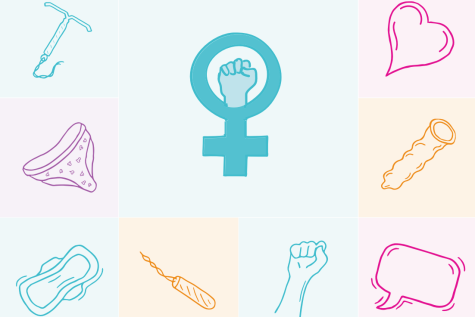
Technical Brief: Designing and Delivering Inclusive, Rights-Based Sexual and Reproductive Healthcare to Transgender and Gender Diverse People
This technical brief outlines key recommendations across several sexual and reproductive health service areas to promote access to inclusive care for transgender and gender diverse people.
Filter our resources by:

| 05 April 2017
Improving the sexual health of young people after Cyclone Winston, Fiji
Even before Cyclone Winston, there was very little knowledge about contraception and sexually transmitted infections in Fiji. IPPF health professionals are now providing the affected population with counselling and advice on family planning and sexual health.
| 01 April 2017
Discovering family planning by surviving Cyclone Winston, Fiji
For many mothers in Fiji, the IPPF outreach established after the Cyclone Winston were the first place where they heard about family planning. They can now decide how many children they want. Read more stories
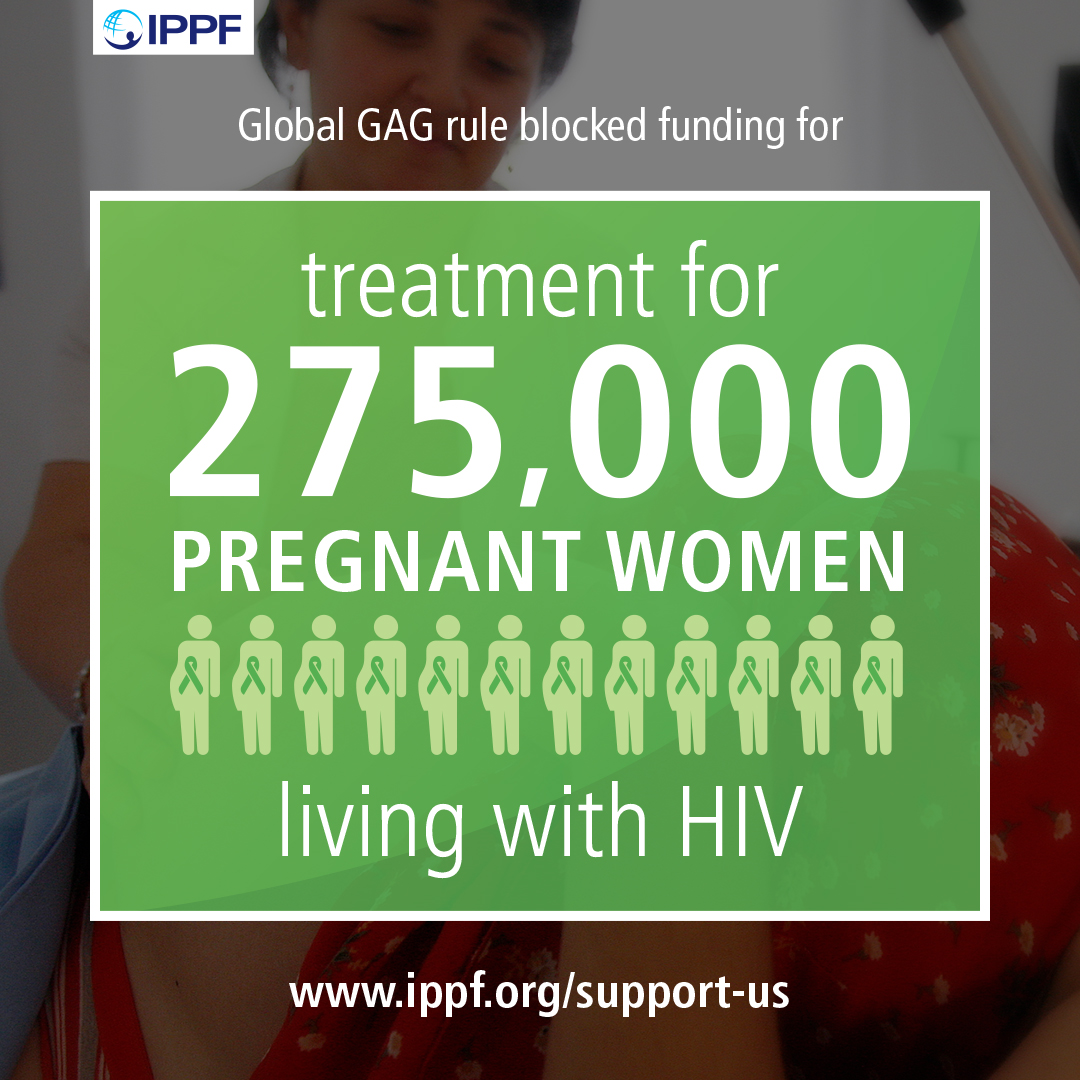
| 08 March 2017
Watch: What's the impact of the Global Gag Rule?
We calculated the human cost of the U.S. Global Gag Rule. The effects can be devastating for millions of poor and marginalised women. WANT TO GET INVOLVED? SUBSCRIBE NOW TO GET UPDATES FROM IPPF SUPPORT OUR WORK WITH A DONATION
| 01 March 2017
"If we could have accessed to contraception, my friend would be still alive"
Adama lost her best friend due to an unsafe abortion. This tragedy pushed her to work for and with young people to ensure them access to sexual and reproductive health information and services. WANT TO GET INVOLVED? SUBSCRIBE NOW TO GET UPDATES FROM IPPF SUPPORT OUR WORK WITH A DONATION
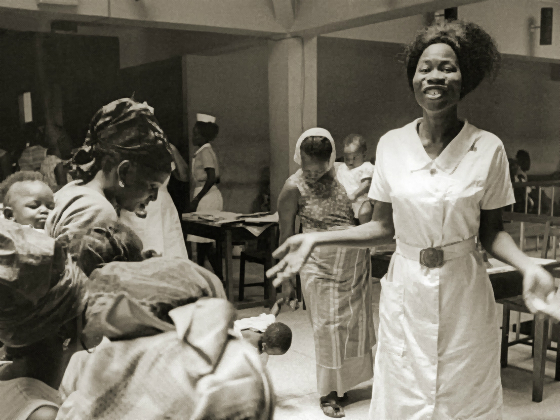
| 23 February 2017
Celebrating over 60 years of service delivery
For over 60 years, IPPF has been at the vanguard of the family planning movement, championing and fighting for rights‑based, voluntary family planning worldwide.
| 13 January 2017
IMAP Statement on safeguarding reproductive rights in the face of declining fertility
Profound changes in demographic patterns are taking place globally. Birth rates are falling in most countries around the world. Many governments are concerned about the impact of population ageing, and its consequent effects on lower economic productivity and escalating costs for medical care for older people. Some argue that birth rates must be stimulated to increase again. A few have begun to question the legitimacy of contraception and parenthood by choice, as well as challenging the principle of gender equality. This concern may also result in reduced focus on ‘the other side of the story’, namely that 225 million women who wish to avoid or delay pregnancy are not using modern contraception. Such restrictive approaches contravene people’s right to “reproduce and the freedom to decide if, when and how often to do so” as agreed at the 1994 International Conference on Population and Development, and reiterated through the 2015 Sustainable Development Goals.
| 28 November 2016
IPPF & Durex launch World AIDS Day Campaign video
IPPF join forces with Durex on December 1st to raise awareness of the risks of unprotected sex as more than 75% of 16-35 year olds surveyed* use emojis to discuss sex, with 9 out of 10 claiming that a safe sex emoji would help them to talk more openly about safe sex. * 3GEM research questioning 3500 people from UK, USA, Brazil, China, India and South Africa commissioned by Durex – UK, October 2016
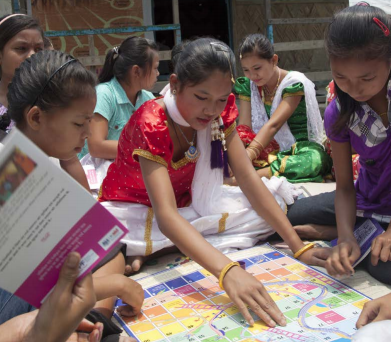
| 04 November 2016
Sustainable Development Goals and Family Planning 2020
Family planning is one aspect of the targets around universal access to sexual and reproductive health found in the SDGs (3.7 and 5.6). If your country is a FP2020 focus country or commitment maker, you can leverage the SDGs as a way of increasing the political priority of family planning, as well as ensuring the two SDG targets are being fulfilled. You can also use the Costed Implementation Plans (CIPs) – multi-year roadmaps designed to help governments achieve family planning goals – to strengthen your advocacy for the implementation of both the SDG and FP2020 commitments.
| 02 November 2016
Addressing the Contraceptive Funding Crisis
The world is facing a contraceptive funding crisis. Sufficient investment in contraception is not being prioritized at the global, national and subnational level. National and subnational governments need to prioritise family planning by allocating dedicated funds for contraceptive commodities. This discussion paper highlights contraceptive commodity security concerns in FP2020 countries in East Africa that will likely experience a reduction in global funding support for contraception from 2016 to 2020.

| 11 October 2016
Changing lives in Nigeria
Nigeria has Africa’s biggest population. And it’s still growing at 3% a year. A lack of family planning is one reason – many women and girls want contraception – but like millions around the world – can’t get it. But that could be about to change, thanks to a pilot project run by Planned Parenthood Federation of Nigeria (PPFN), IPPF’s national member. It’s proving a huge success. This is its story, told by the women whose lives it has changed and the people working to change them. LAUNCH THE INTERACTIVE STORY
Pagination
- First page
- Previous page
- …
- 2
- 3
- 4
- 5
- 6
- …
- Next page
- Last page







